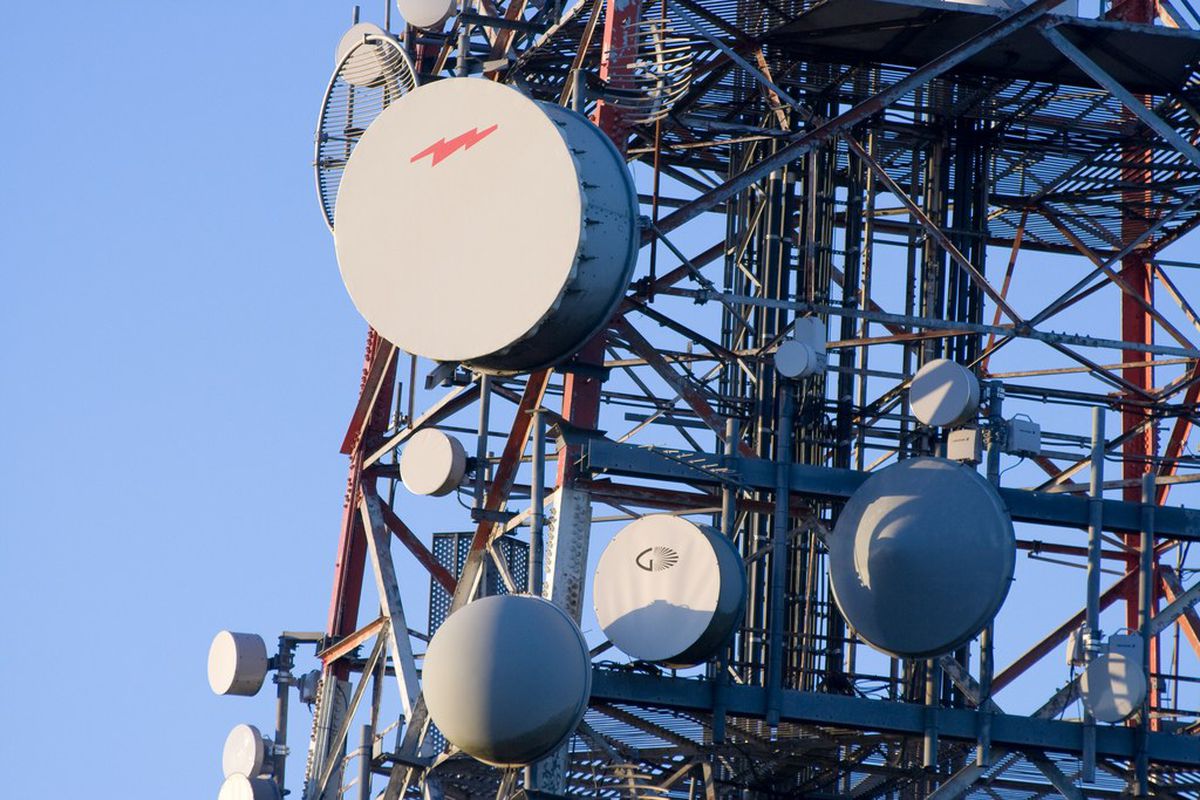Nigeria’s broadband penetration rose to 45.43% in October, thanks to the increasing broadband subscription.
The new milestone was disclosed by the Minister of the Federal Ministry of Communications and Digital Economy, Dr. Isa Ali Pantami.
According to Dr. Ali Pantami, broadband subscriptions for the period under review added approximately 4,061,731 new subscribers.
The significant boost in broadband subscriptions was recorded despite the poor internet offering by ISPs during the period.

Dr. Isa Ali Pantami. Minister of the Federal Ministry of Communications and Digital Economy
Recall that we published an article where we predicted a dip in mobile subscription for October; the opposite appears to be the case.
Impact of implementing new broadband plan
Expressing delight towards the new milestone, Dr. Ali Pantami attributed the achievement to the conscientious implementation of the National Digital Economy Policy.
Recall that the Nigerian Communications Commission (NCC) recently reviewed the InfraCo framework to suit the new broadband plan.
Dr. Pantami added the policy was implemented so that the overall Nigerian economy would experience a digital revolution.
ALSO READ: NCC Plans to Review InfraCo Framework to Suit New Broadband Plan
Some of the recent policy implementations include the harmonization of the Right of Way charges across the 36 States.
Also, a part of the policy protects critical National infrastructure across the country, illegalizing any form of vandalism.
Moreso, the policy was to improve capacities to the hinterland through fibre infrastructure investment.
Other plans of the telecom regulators also include ensuring the even-distribution of broadband infrastructure across the nation.
With most of these plans in progress, the boost in broadband penetration isn’t so surprising after all.
Impact of increasing broadband penetration on economic growth
It is no longer news that Nigeria is currently undergoing a digital revolution, and more than ever, digitization in the country is taking place rapidly.
As such, broadband penetration plays a very vital role. Its impact on economic growth, however, cannot be overemphasized as it is of topmost relevance.
According to the Hon. Minister, broadband penetration is significant to sustainable economic growth.
Similarly, a broadband series by the International Telecommunication Union (ITU) affirms that broadband contributes greatly to a nation’s economic growth.
According to ITU, some of the contribution of broadband to a nation’s economic growth include:
- Efficiency in business process,
- Efficient functional deployment of enterprise, and
- Acceleration of innovation, e.t.c.
In addition to the above, broadband penetration also enables financial institutions to deliver their services.
Mind you, the fintech unit of the ICT sector is one of those receiving massive attention in recent times.
This, however, cannot be possible without broadband penetration across the country.
ALSO READ: NCC: Nigeria’s Mobile Subscribers Surpass 200 Million
Furthermore, ITU’s report emphasized the “importance of mobile broadband network for Global Economic Development.”
Based on the report, a 10% increase in a country’s mobile broadband penetration could yield about a 0.6% to 2.8% rise in Gross Domestic Product (GDP).
The percentage could even go as high as 6% in some cases, depending on the efficiency of broadband penetration.
Scientific and Academic publishing: State of fiber optic network for internet broadband penetration in Nigeria
The case is not so different in Nigeria, as the ICT sector, especially the telecom unit, has recently contributed hugely to the nation’s economy.
For instance, the ICT sector dominated Nigeria’s GDP by 17.8% during Quarter-two (Q2) of 2020.
Interestingly, this massive contribution by the ICT sector edges the petroleum sector, which stood at 9.50% during the same period.
While the increases in the ICT sector were then attributed to the impact of COVID-19, broadband penetration cannot be overlooked.
What Techuncode thinks
In the wake of modernization, a nation’s success is often determined by the level of digitization among other technological advancements.
On the other hand, Nigeria hasn’t had a fair share of digitization for a very long time.
However, the reason for this cannot be far-fetched as the nation’s mainstream of revenue is the petroleum sector.
ALSO READ: Nigeria Hits $116 Billion In Online Transaction Value During Q3 2020
Owing to the significant crisis (devaluation) ongoing in the global petroleum sector, there is an urgent need to diversify.
Currently, ICT is the next biggest thing and global valuation is the most resourceful alternative to petroleum.
In the wake of this reality, seeing the Nigerian government channel more resources to the ICT sector is a welcome development.
What do you think about Nigeria’s sudden increase in digitization? Kindly share your thought with us in the comment section below.
Found this interesting? Share!





















 and then
and then